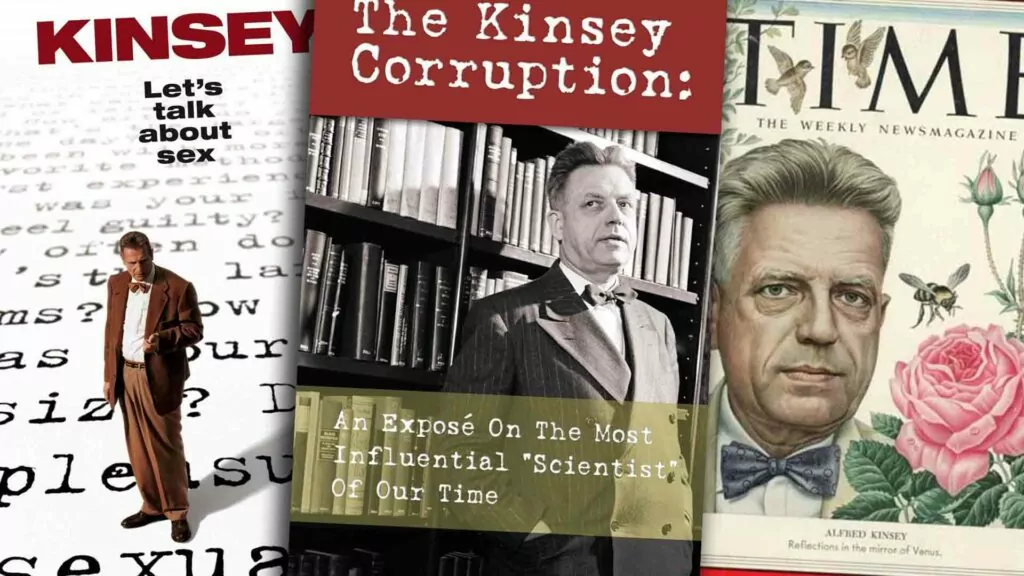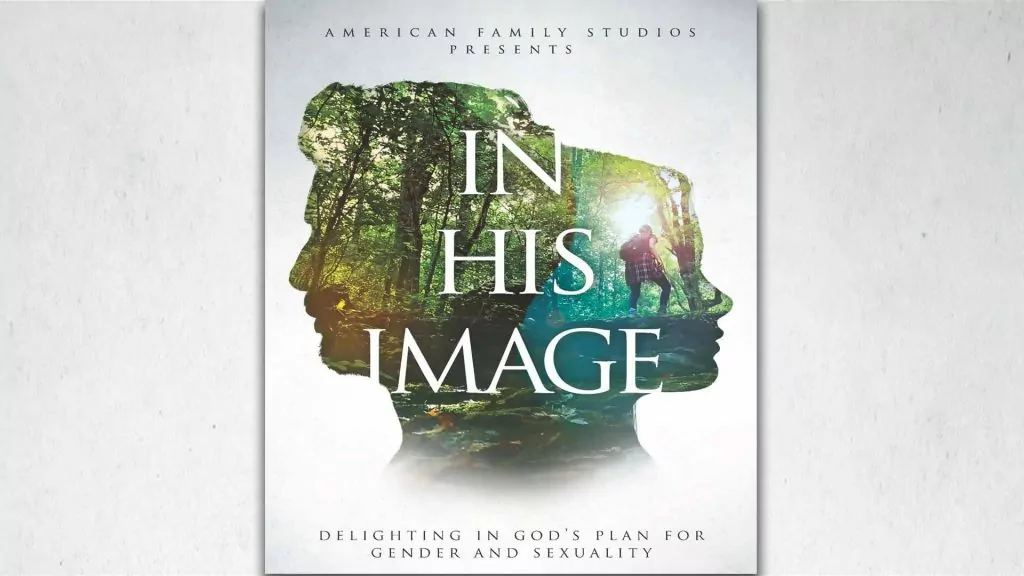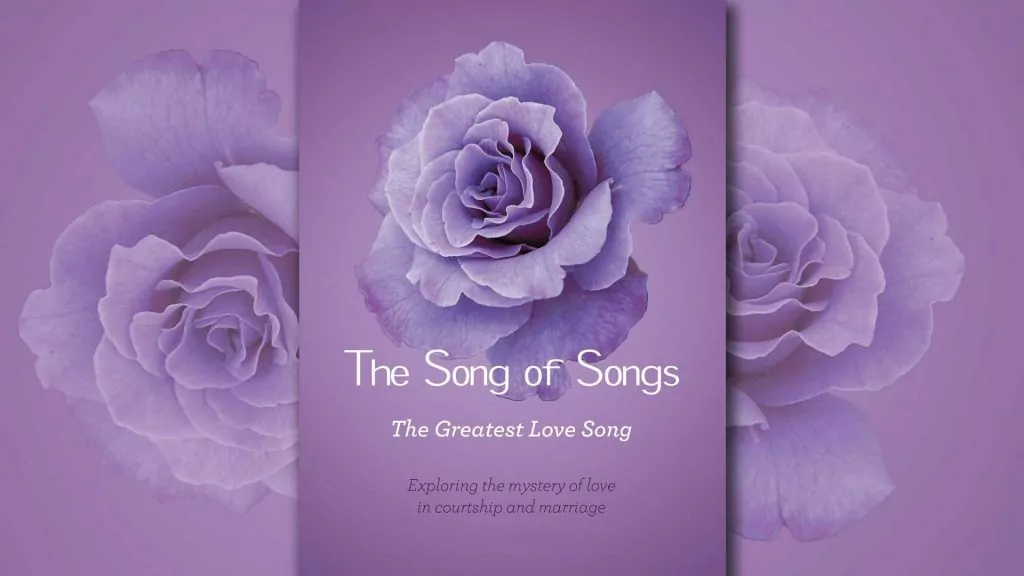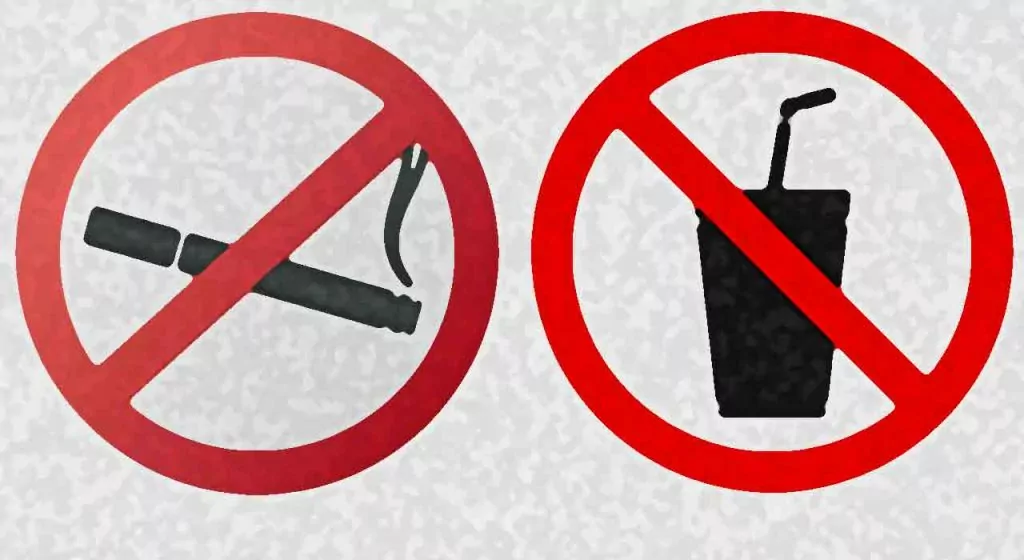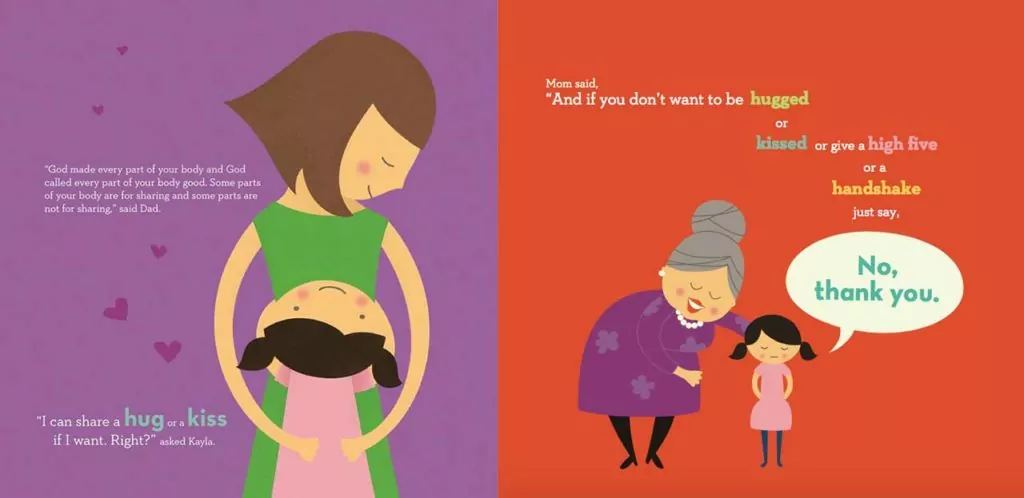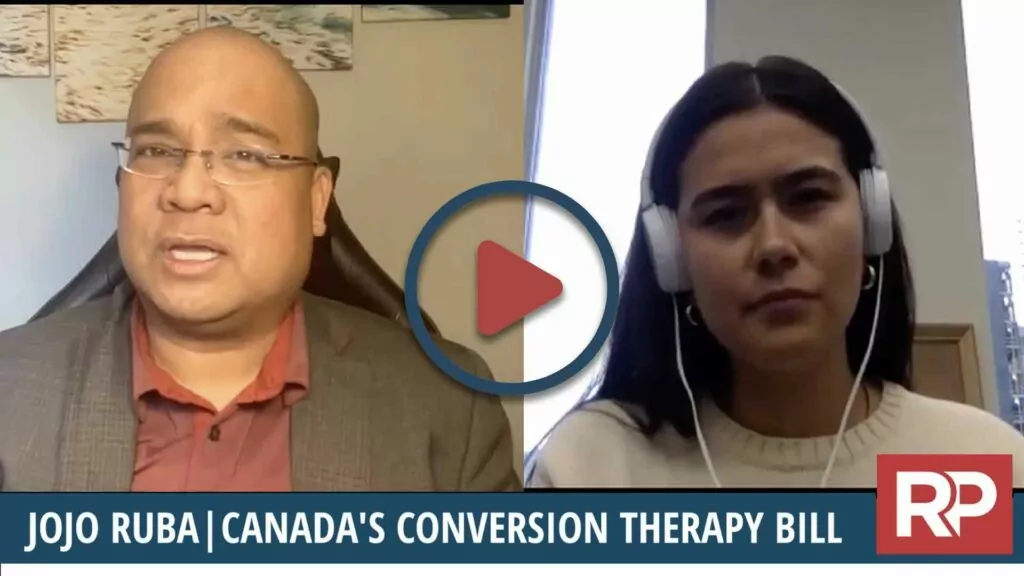
RPTV, Sexuality
RPTV: Jojo Ruba talking about Canada's Conversion Therapy Bill
Welcome to Reformed Perspective, I'm Alexandra Ellison.
Today we're here in the Canadian History Museum, reflecting on Canada's past. We're right now in front of the LGBTQ history section, and it's quite interesting to reflect on how things have changed. Today we're going to be talking about Bill C-4, which was first passed in 2021: the conversion therapy bill.
I had a conversation with JoJo Ruba, a Christian apologist and communications director at Free to Care, reflecting on the history of the conversion therapy bill, and what this means for Christians, churches, and the general public.
JoJo Ruba: Free to Care was a ministry that started about two years ago when conversion therapy legislation and bans were being put in place, particularly here in Alberta where I live; and these bans are so intrusive and badly written, that simple counseling by consenting adults is now criminal. And LGBTQ people no longer have access to that and Christians can no longer provide that support; so Free to Care now, as there's been legislation passed federally, is working to educate and equip churches and pastors and ordinary Christians to continue to support their LGBTQ-identified friends and family, and to continue to share the gospel even in this issue, believing full well that God can do wonderful things for people who are same-sex attracted, like myself.
Alexandra Ellison: Yeah, and you know, going back to 2021, when Bill C-4 – the conversion therapy bill – was passed, could you kind of talk about that for people that maybe haven't heard much about it, or maybe just heard what they saw from the mainstream media?
JoJo Ruba: Yeah, no, the mainstream media didn't cover much of it. It actually started with a man named Kris Wells out here in Alberta.
Kristopher Wells : So today, in 2019, conversion therapy largely takes place underground; you won't be able to walk into a licensed counselor’s office and ask them to engage in this practice, because it would be deemed to be unethical and unprofessional. So we largely see conversion therapy happening underground in faith-based communities, which makes it harder to detect, but also more dangerous, the more underground a practice like this goes.
JoJo Ruba: So the bylaws here in Alberta actually define conversion therapy as any practice, treatment, or service that offers even LGBTQ people simply to help reduce unwanted same-sex sexual behavior; not just attraction, behavior. So we called up about 25 counseling agencies, secular psychologists and psychiatrists, asked them for help with porn addiction. And all of them that did sexual addiction counseling said yes. But when we said it was gay porn addiction, suddenly they didn't want to help anymore. And two counseling agencies even said, we will let you get help, but you can't mention it's gay porn. So which is exactly the point we're making, right?
This isn't a ban on torturing people, which is what the common mindset was, as with why the LGBTQ people were pushing this was because they had said, ‘Many of us have experienced torture, we were forced under, were tricked into getting counseling from these churches. And all they were trying to do is make us not gay.’ And so this narrative that homosexuality is this immutable identity was really at the heart of the debate, Alexandra, and the challenge was for us to actually speak to that mindset, to say as Christians, we actually don't believe sexuality should be your identity; we believe that we are much bigger, much better, more important than who we want to sleep with, or what kind of clothing we want to wear today. And we think God has designed us to find our identity in Christ, which means our priorities or choices are all about following how God designed us and not how we think about ourselves. And that we love people because we and they are made in God's image, not in our own image. That's the big mistake that this legislation is pushing.
And so after the Calgary bylaw was passed, the same organizers, Kris Wells in particular, brought this to the federal level. So what happened was the Liberals called an election, the Bill had to be reintroduced as Bill C-4, it was called C-6 before – and Bill C-4, that's when they actually added that this also, this bill also applies to consenting adults. Before, consenting adults may have been challenged, but it wasn't specific, now it is specific that consenting adults, consenting Canadians can no longer access the counseling that they want if they're simply wanting to reduce same-sex sexual behavior.
So we pointed out at this point, if you're providing marriage counseling, if your pastor is providing a marriage counseling – and of course marriage counseling means that you make a commitment to say, hey, we're not gonna be sleeping around with anyone other than our spouse, right? Of course, I mean, this is 2000 years of Christian teaching and the Jews before that, right? It's not a surprise, we teach that. Well, if that counseling includes, well, you can’t have sex with someone of your own sex, that's technically conversion therapy counseling now, and that's technically criminal, when by the way the results of that, the punishment, is five years in jail for offering that kind of counseling, and three years in jail for simply giving the phone number out of a pastor or Christian counselor, who would help you reduce your same-sex behavior.
That Bill went through, who because of the Conservatives and Liberals and the rest of the parties coming together said we're not going to debate it, even though it was radically changed by adding consenting adults. And we're going to pass it without any public inputs.
Speaker of the House of Commons : Accordingly, all those opposed to the honourable Member moving the motion, will please say nay. Agreed. The House has heard the terms of the motion. All those opposed to the motion will please say nay. There being no dissenting voice, I declare the motion carries.
JoJo Ruba: All they needed was one MP to say no, we're not going to let that happen; we need it to go through a democratic process. No MP from the Conservative Party; to vote against that, all we needed was one. And so it became law, the end of 2021, beginning of 2022. But here's the problem. The Liberals actually passed legislation that said, the Justice Department has to provide legal analysis for any new criminal legislation that would change the Criminal Code. Well, that analysis never came out until the day this Bill got royal assent and became law. So there's no way the Members of Parliament would have read that legal analysis. And particularly that legal analysis said exactly the same thing we were saying during committee stage: what you're doing is potentially violating the Charter rights of consenting adults to have the conversations that they want to have. And this Kris Wells guy actually compares people like myself, who’s a consenting adult, to drunk drivers who are incapable of making decisions. He actually did a CBC video saying that. So this is the kind of mindset that we're dealing with.
And Alexandra, just to summarize all of this, it's been a year and a half now, almost two years since the Bill was passed. And not one person has been charged under this law. But what's interesting is during the time of this debate, the people who were pushing for this law said thousands of gay kids were being tortured in church basements as we speak. That's the kind of language they were using, ‘thousands.’ Well, if that's the case, then we should have had at least one person being, you know, rescued from these awful Christians, torturing them in the church basements. But again, torture and kidnapping are already criminal beyond this law. So that hasn't happened. And in fact, the first conversion therapy events in Vancouver and in Ontario for kids already were passed around 2015. So none of these laws or bylaws, both provincially and municipally, and federally, have had any one person convicted, or charged.
So that tells me there's something else going on here in terms of legislation. And what we think it is and we've seen this sadly happen is it actually creates a chill effect among churches and pastors – so that churches are themselves self-censoring. One large church here had their pastor actually tell someone, that if someone, even a member of his own congregation, came to him asking for help dealing with same-sex attraction, he would refuse to help them. And that's the kind of stuff we're sadly seeing, because Christians are not understanding the ramifications of this. If the government can dictate what we believe, and how we practice our beliefs, even within our own members, in terms of how we teach the Bible, what the Bible teaches on sexuality, on this issue – they can do that on any issue. And the secular government coming into the churches, saying we will police you if you start praying for gay people and to help them not act the way they don't want to act themselves as consenting adults. That has to be something we understand is the most egregious religious freedom violation – in fact, human rights violation that is the case right now in Canada, I would argue.
Alexandra Ellison: Yeah, well, I think it's great. Just, you know, thank you for taking the time to go over the history and what has happened. Kind of reflecting on that, as Christians, especially, you know, a large audience who's watching us are Christians, how should we react to this and is there anything that we can do to fight against legislation like this, even though it has already been passed?
JoJo Ruba: Well, any legislation that's passed, of course, is always subject to the will of the democracy. So, as Augustine, I think it was, I think it was one of the one of the Catholic MPs actually told me, culture is always affecting politics. In fact, politics is downstream to culture. Which means if we want to change the law, we want to change the culture first. And part of the conversations that the church has to have is on sexuality and gender identity, being able to give a positive, life-affirming, real-person discussion, where we focus on God's truth and love for humanity. And the fact that because He loves us, He gives us rules on how we ought to behave. Right. So that's part of the conversation training I provided for you. I’m writing a book on that actually, hopefully, you guys here, your audience, I'd love to hear your prayers for this. And if you want to order one next year, hopefully, it'll be done by this time next year. We would love to share that with you. But it's about redeeming conversations. So that's part of the title, where we want to redeem the opportunity, so to have conversations with people.
One of the saddest things, Alexandra, that I saw was the Members of Parliament debating the issue during question period during the debate on the Bill. And you could just see how ignorant so many of these Members of Parliament are not just of the Bill itself, but of Christians in general. So there were several Bloc Québécois MPs, for example, en français, who said we need to re-educate these ignorant, small minority groups of people who are torturing kids, basically, with Bibles. They often reference movies where kids were tortured with Bibles. When I went through my counseling that never happened, the person read the Bible with me, we prayed together. And he helped me understand that sexual attractions are things that I have, it's not things that we are unless we want to make them that way. And I've never acted on or identified as gay, because that's not what I am. And I think it's important to give that kind of messaging to the culture around us, especially to young people. But there's gonna be many times where we will find ourselves sexually attracted to or sexually confused in all kinds of ways. That's okay. But that's part of a fallen world.
The challenge is, what do you do with that? What do you do with those attraction? What do you do with those feelings? Do you take the time to submit them to God and trust that God's design is good? Or do you act out and follow what the culture says you ought to become or do or be, right? So the first step is really we need to get our house in order if we as churches want to deal with this issue publicly. And with this law, we want to make sure our Christian community is actually solid on this issue. And sadly, there are Christian denominations, including Reformed denominations, that have gone completely off their rocker on this issue.
As we reflect on the two years since the passage of Bill C-4, it's essential for Christians to stand firm in their faith and continue to reflect biblical sexuality, even if that means going against what the world has to say.
If you enjoyed this video, make sure to give it a thumbs up and share it with family and friends. For Reformed Perspective, I'm Alexandra Ellison in Ottawa.







